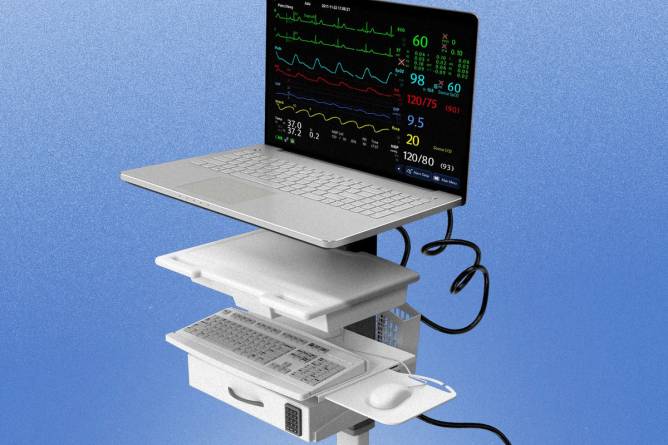Occasionally, we schedule our rounds with Healthcare Brew readers. Want to be featured in an upcoming edition? Click here to introduce yourself. In 2017, Hurricane Maria devastated Puerto Rico. The storm led to a collapse of the island’s healthcare system, a 2021 study reported, following power outages and a lack of disaster management plans that contributed to 3,000+ deaths. KFF reported in 2017 that Puerto Ricans living on the island already had low access to healthcare before the hurricane hit. Years after the storm, the region faced ongoing staffing shortages and issues with federal funding that restricted care, according to CBS News. That’s why, in October 2017, Emmanuel Oquendo and Israel Figueroa founded BrainHi, a health tech company with an AI receptionist called Lara, which completes administrative tasks for providers. The tool can answer missed calls and schedule appointments, and is designed to reduce clinicians’ workloads. Some of the company’s clients include NeoMed Center, Ashford Hospital, Manatí Medical Center, and Mennonite Healthcare System, all based in Puerto Rico. Oquendo spoke with Healthcare Brew about his goals for the company going forward. Learn more about the company here.—CM | 









